
Laura Sanders reports on neuroscience for Science News. She wrote Growth Curve, a blog about the science of raising kids, from 2013 to 2019 and continues to write about child development and parenting from time to time. She earned her Ph.D. in molecular biology from the University of Southern California in Los Angeles, where she studied the nerve cells that compel a fruit fly to perform a dazzling mating dance. Convinced that she was missing some exciting science somewhere, Laura turned her eye toward writing about brains in all shapes and forms. She holds undergraduate degrees in creative writing and biology from Vanderbilt University in Nashville, where she was a National Merit Scholar. Growth Curve, her 2012 series on consciousness and her 2013 article on the dearth of psychiatric drugs have received awards recognizing editorial excellence.

Trustworthy journalism comes at a price.
Scientists and journalists share a core belief in questioning, observing and verifying to reach the truth. Science News reports on crucial research and discovery across science disciplines. We need your financial support to make it happen – every contribution makes a difference.
All Stories by Laura Sanders
-
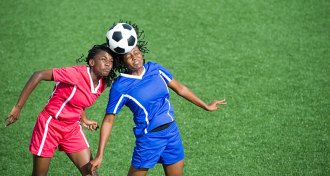 Neuroscience
NeuroscienceMouse study offers clues to brain’s response to concussions
The brain needs time to recover between head hits, a study in mice suggests.
-
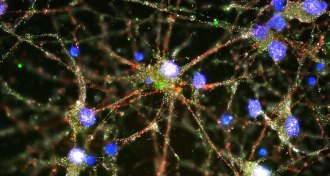 Neuroscience
NeuroscienceImmune system gene leads to schizophrenia clue
Excessive snipping of nerve cell connections may contribute to schizophrenia.
-
 Health & Medicine
Health & MedicineMonkeys with human gene show signs of autism
Genetically altered monkeys may help scientists understand autism.
-
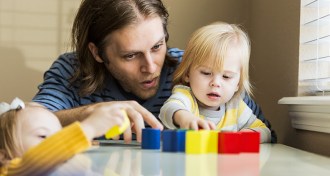 Health & Medicine
Health & MedicineNoisy toys mute conversations
Electronic toys put a damper on the conversations between parents and babies.
-
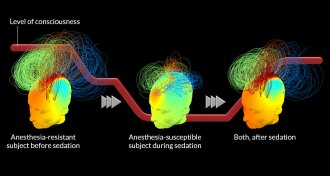 Neuroscience
NeuroscienceMeasuring brain waves may help predict a patient’s response to anesthesia
Brain signatures hint at whether a person will resist or succumb to anesthesia.
-
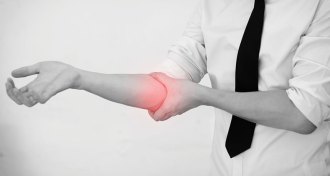
-
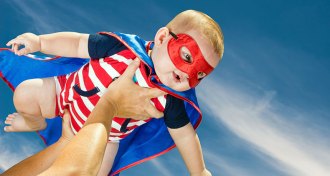 Health & Medicine
Health & MedicineYoung infants have perceptual superpowers
Babies have superpowers that let them see and hear things that adults can’t.
-
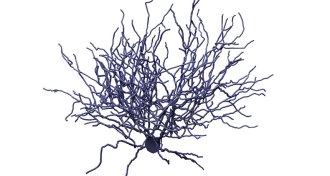
-
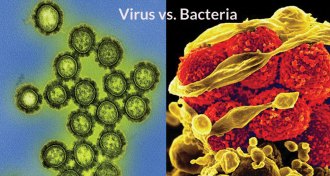 Health & Medicine
Health & MedicineGene behavior distinguishes viral from bacterial infections
Researchers have identified signatures of viral infection, a distinction that may help doctors tell whether bacteria or a virus is causing trouble.
-
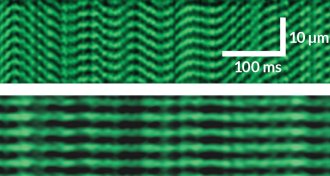 Neuroscience
NeuroscienceMini microscope is a window into live muscle tissue
A tiny microscope offers unprecedented views of live human muscles.
-
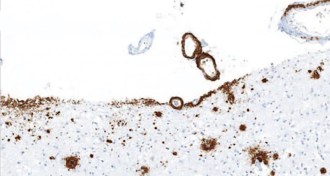 Neuroscience
NeuroscienceYear in review: Alzheimer’s protein behaves like a prion
Under rare conditions, an Alzheimer’s-related protein may have jumped between people, scientists reported this year.
-
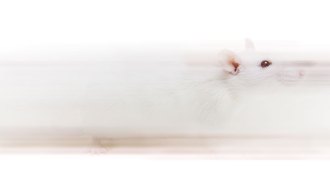 Neuroscience
NeuroscienceYear in review: ‘Speed cells’ help make navigation possible
The discovery of speed cells in the brain filled in a missing piece in the understanding of how the brain creates an internal map of the world.